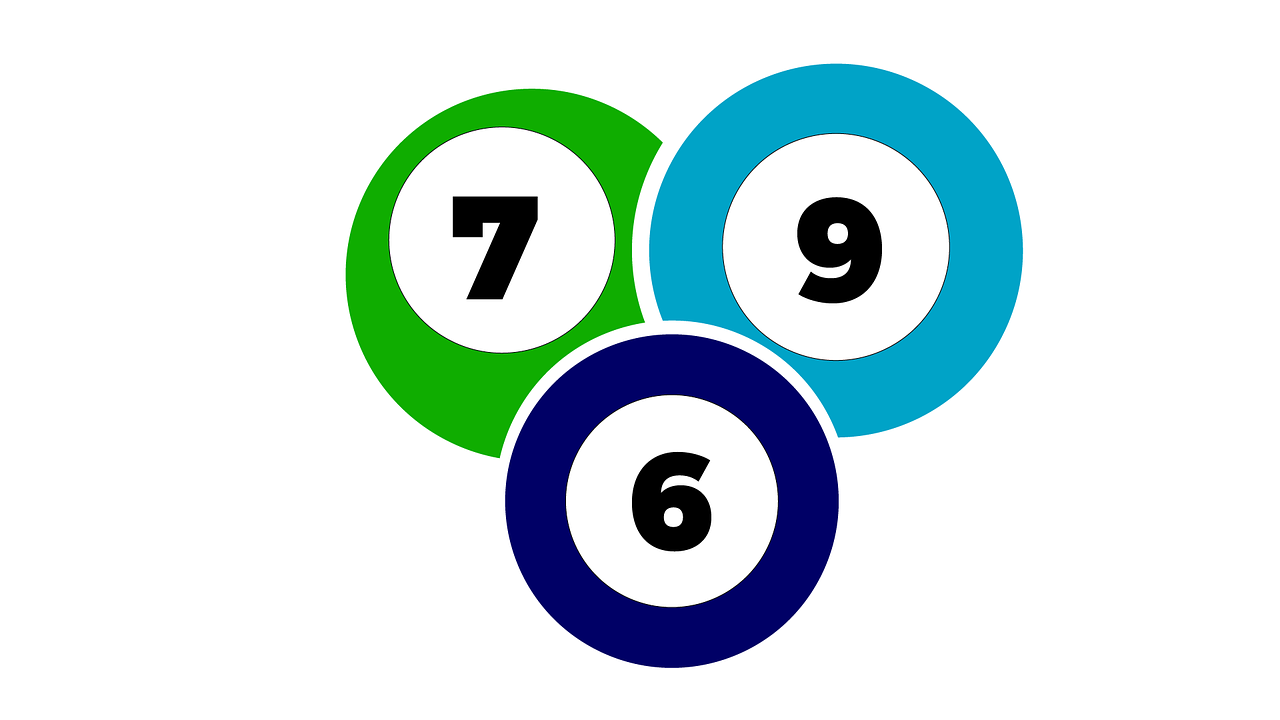In the blog post we share some exciting H-1B news! While the FY 2023 H-1B season is about to get underway, today February 28, 2022, USCIS announced that it has received enough petitions to reach the fiscal year 2022 cap that began last March, including the advanced degree exemption.
USCIS has sent non-selection notifications to registrants’ USCIS online accounts. If you were not selected in the FY 2022 cap the following status will be shown in your online account:
- Not Selected: Not selected – not eligible to file an H-1B cap petition based on this registration.
The agency will continue to accept and process cap-exempt petitions including petitions filed to:
- Extend the amount of time a current H-1B worker may remain in the United States;
- Change the terms of employment for current H-1B workers;
- Allow current H-1B workers to change employers; and
- Allow current H-1B workers to work concurrently in additional H-1B positions.
If you were not selected in the H-1B fiscal year 2022, there is still good news. The H-1B fiscal year 2023 season is just about to begin, and you may have a shot at being selected.
Those who wish to apply for the H-1B FY 2023 cap must submit an electronic registration on the USCIS website.
The H-1B initial registration period for the FY 2023 cap is scheduled to open tomorrow at noon ET, March 1, 2022 and the registration period will remain open until noon ET on March 18, 2022.
 Visa Lawyer Blog
Visa Lawyer Blog











